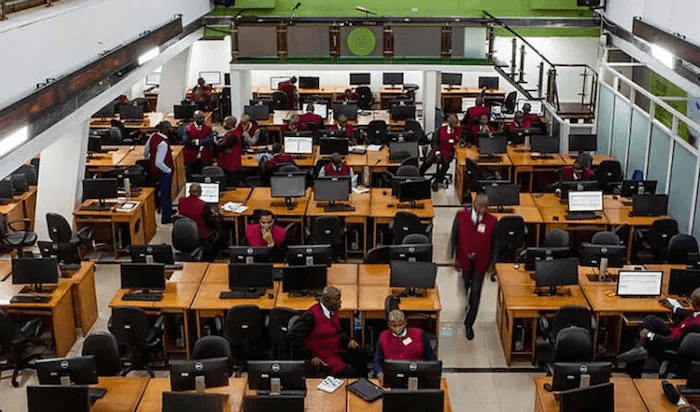Oluchi Chibuzor
Market data has revealed that shea nut prices in Nigeria are stabilising after a brief dip following the federal government’s ban on raw exports. Prices, which fell sharply in the days immediately after the announcement, have steadily rebounded as domestic processors step in to absorb supply. Today, average prices are approaching pre-ban levels, signaling growing confidence in the policy.
Market data showed that shea nut prices in Nigeria are stabilizing after a brief dip following the Federal Government’s ban on raw exports. Before the policy was announced, prices averaged around N850 per kilogram. In the days immediately following the announcement, prices fell sharply to about N570 per kilogram as traders and middlemen adjusted to the new market realities. However, by mid-September, prices had rebounded to N710 and N800 per kilogram towards the end of Septmener, indicating renewed confidence and an emerging balance between supply and demand. As of today, the average market price for shea nuts stands at approximately N1,000 per kilogram, reflecting both recovery and growing stability.
The policy is anchored in the Renewed Hope Agenda and reflects President Bola Ahmed Tinubu’s Nigeria First Economic Policy, which prioritizes domestic value addition as the pathway to growth. Though the country supplies more than a third of the world’s shea, it captures less than 1% of the $6.5bn global market because raw nuts have historically been exported with minimal processing. By securing raw material for over 20 local plants — many of which had been operating below 30% capacity — the ban is strengthening industries, safeguarding jobs, and boosting economic resilience.
“This policy gives us the stability we’ve long needed to plan, invest, and expand,” said Sadiq Kassim, PRO Nigeria Agribusiness Group (NABG). “Before now, the unregulated export of raw nuts drove unpredictable price swings and squeezed processors out of the market. With the ban in place, raw materials are staying in-country, market prices are becoming more stable, and we can run our factories closer to full capacity. This means better income for rural women, steady demand for farmers, and a stronger foundation for Nigeria’s shea value chain.”
This direction aligns with the 30% Value Addition Bill, championed by the Raw Materials Research & Development Council (RMRDC) and passed by the Senate in July 2025. Now awaiting concurrence in the House of Representatives and Presidential assent, the Bill mandates that no raw material of Nigerian origin be exported without at least 30% domestic processing.
The Director-General of RMRDC, Prof. Nnanyelugo Martin Ike-Muonso, said, “Without an incentive structure to build capacity across our value chains, inefficiencies persist, prices rise, and opportunities are lost. This is why we are championing the 30% value addition bill before export—to protect local industries, create jobs, and put Nigeria first.”



